Running a Bass Tournament Circuit
Each year, new bass tournament circuits sprout up across the country. Tournament fishing offers an opportunity to show off skills and win a few bucks. But perhaps more importantly, they offer a great way to make new friends, explore new waters, and learn new ways to catch fish. Not all bass fishing tournament trails are equal, though. Before joining a bass tournament circuit, take some time to learn the mission of a circuit, what it offers, and how it is run.
What is a Bass Tournament Circuit?
It should be noted, though, that a fishing club is different from a circuit. A club is an assortment of anglers with a private membership and annual dues. It is not open to the public. Missions and requirements vary from one club to the next, but most offer exceptional experiences to grow as anglers and make friends. Most clubs do not garner high payback for their tournaments, and the caliber of the angler is not often as high as found in circuits. But they still offer great fishing experiences and opportunities. A trail differs significantly by entry fees and payback and will be the focus of this article.
Fishing Tournaments Gaining Popularity
Twenty-five years ago, local fishing derbies were not commonplace. Today they are. Virtually every popular fishing destination across the nation has at least one tournament per weekend. Oftentimes, two will be scheduled with one or more weeknight tournaments scheduled as well. As a result, tournament participation is up, but overall turnout for tournaments are down. One could argue that tournaments are being watered down. Instead of one tournament on Lake X with 100 boats, there are five tournaments on five different waterways with 20 boats apiece. For any aspiring tournament director wanting to begin a topnotch circuit, they must find a way to be unique.
The R & B Bass Circuit
In 2010 I created the R & B Bass Circuit with partner Kevin Rybicki. We love fishing, and we love competing in tournaments. But frankly, we weren’t happy with how our local derbies were being run. Instead of complaining, we set out to run a circuit that fit our standards.
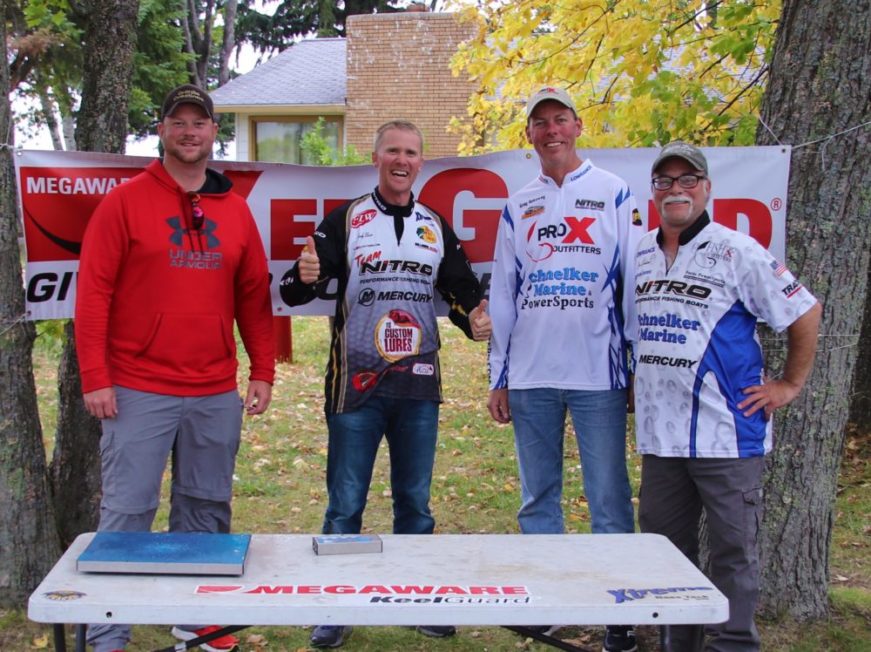
We set a goal of 30 boats per tournament. I vividly remember Kevin saying, “If we could average at or around 30 boats, that would be awesome, and probably the most anyone could hope for.” But just two years later, our circuit had grown into one of the largest in both Indiana and Michigan. We were averaging nearly 40 boats per tournament. By 2014, we averaged nearly 60. The 2018 season had over 240 members in three separate divisions. Two of those divisions averaged nearly 40 boats. By all accounts we exceeded expectations. Directors of other circuits began scheduling around our schedule and bombarded us for our secret recipe. Our recipe has everything to do with attitude.
The R & B Bass Circuit: Pay Outs
We had grown leery of tournament trails that paid back little of the funds collected. We distrusted tournament directors that kept sponsor donated product instead of giving it to the members or had secret deals with friends and poor communication. Tournaments should not be about the directors; they should be about the participants.
Yes, running a tournament has costs, but they are minimal. We have nothing against a tournament director making money for their efforts, but we are personally opposed to it. The reality is I was paying to participate in a tournament nearly every weekend, so I might as well run one myself the way I wanted. I am not after money. Tournament directors of the R & B Bass Circuit also compete, which has earned us respect, and what better way to analyze the experience we provide than being a part of it? Here is how we avoid the aforementioned downfalls.
Running a Bass Tournament Circuit – Attitude
Money is the most obvious hot topic when it comes to tournament fishing, but truthfully, it’s rarely brought up to me. By far, the biggest feedback I receive is about the atmosphere at our events. From the beginning of 2010, we’ve been told the most attractive aspects of the R & B Bass Circuit are the lack of clicks, the friendly atmosphere, and easy approachability of the directors.
Too many times I’ve gotten up at 4 am, purchased fuel, paid an entry fee, and upon arrival, only gotten a grunt in return from a tournament director. That is just pure rude. Our goal is to create an atmosphere where everyone feels wanted and appreciated.
Essentially we have an assembly line for registration.
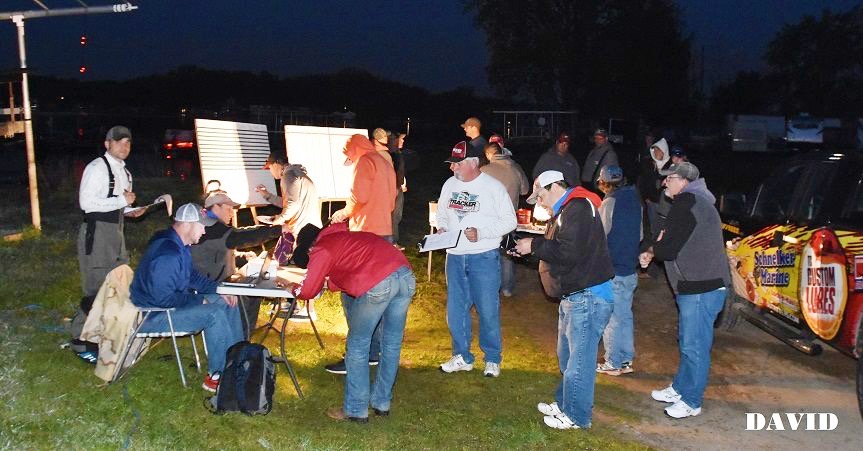
Teams check in, pay the entry fee, are given a boat number, and finish up at the 50/50 raffle booth. This is where I am stationed. Not everyone participates in the raffle, but it is difficult to sneak by without me reaching out with a smile, joke, or conversation starter. Not only does this help with the raffle sales, but it also communicates an appreciation of their participation and develops a sense of belonging.
Running a Bass Tournament Circuit – Communication
Before each tournament, the tournament director holds a mandatory meeting. Some members boo-hoo this, but it is held without exception. This is our opportunity to represent ourselves, the circuit, and most importantly, to eliminate communication mishaps. Our philosophy is, “I’d rather have you take off five minutes late than to unknowingly commit a violation.”
Another point of emphasis is always sportsmanship before, during, and after the tournament. Out of consideration for onlookers and adolescents, we don’t tolerate foul language or alcohol at the ramp. Our goal is to create a family-friendly atmosphere, which is also attractive for potential sponsors.
Our website is paramount. We make basic information such as dates, rules, and upcoming events easy to find. We also post any pertinent information to a specific event or body of water months in advance. Our website is also an avenue to lift members up. We take pictures, write up the success of the Top 5 teams in each event, and have begun posting the weigh-ins on YouTube.
These results get thousands of views each year; many of which do not come from our members. We keep results indefinitely as well, so they serve as fishing reports for future events. We also use our Facebook page to post results and information. Throughout 2019, we have also gone Live on Facebook during registration. Not only do these create enthusiasm and a platform for our members, but they are also our marketing campaign.
Running a Bass Tournament Circuit – Organization
Money is not second on the most common feedback either; it is organization. We plan each of our bass tournament circuit events meticulously in advance. If organization is determined the morning of, it is not going to work. To maximize time and efficiency, we communicate points of emphasis and jobs in advance. Congestion at the ramp often cannot always be avoided, but a sloppy registration and slow weigh-in can.
The weigh-in also resembles an assembly line as teams begin by waiting for a bag. During warm water months, we require participants to use our weigh bags, and we only have eight. This is to ensure that fish are kept in a bag for a short amount of time. It might slow down the process, but I quip, “The survival of the fish outweighs the five extra minutes of wait time it might cost.”
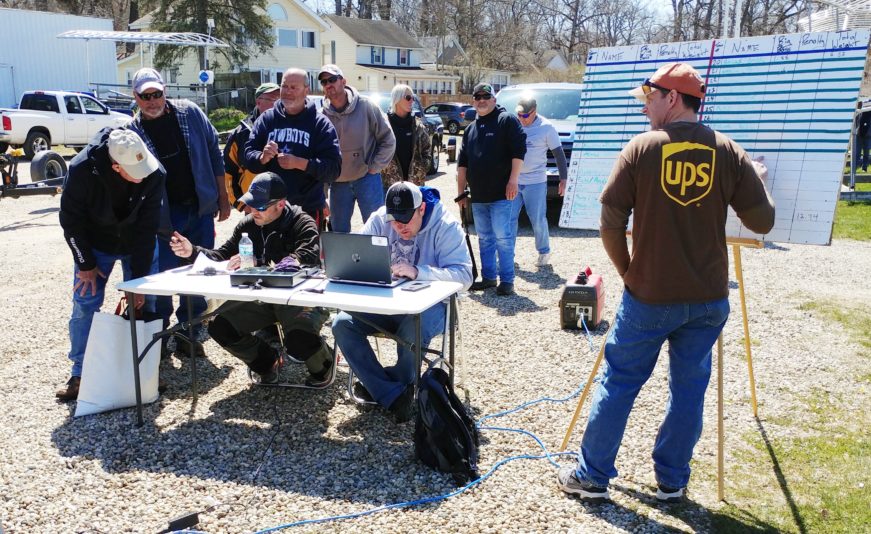
Before a team approaches the scale, they check in with the official recorder (computer recorded). We dump the fish into a tub full of water and take pictures of the fish before being weighed. This helps minimize the loss of their protective slime, which is vital to their survival. We mark weights on both a computer and a large board on display as they are called out. This allows participants to watch the weights without interrupting directors.
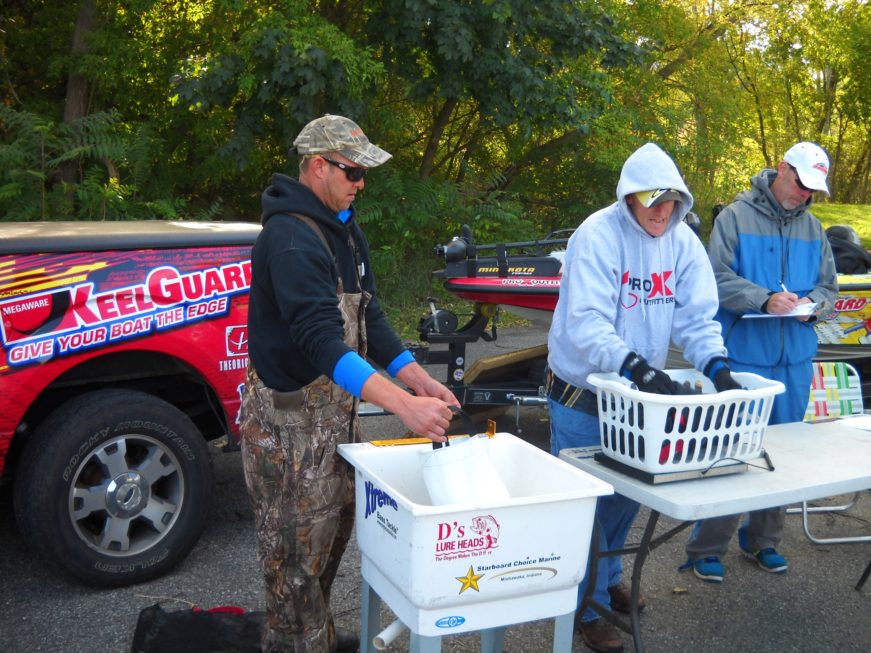
Running a Bass Tournament Circuit – Payback
The R & B Bass Circuit pays back 100% of the money collected with complete transparency. Period. This kind of payback was uncommon when we began in 2010. Now, it is sprouting up more regularly. Each tournament is a team event and costs . We have determined that more than that scares away many, and less than that does not carry sufficient prestige. Our website shows Tournament Results after each event and each report shows the payout for each spot. Anyone can get a calculator and double check the math. We also have a Payback Page, where we record how much money we collect at each event.
Our payout for each tournament is 90%, which means we give back 90% of the money we collect for each event that day. We put the remaining 10% in our Classic pot. This can be monitored on the Payback page as well. We collect a one-time $30 membership fee from each team, which provides access to all three divisions. To make the Classic an exceptionally good payback, 100% of the membership fees are paid back to the participants at the Classic.
We pay our expenses with a 50/50 raffle we hold each morning. While expenses are minimal, they are also constant. On top of prizes collected, 50% of the money collected during the raffle is kept to cover costs. The other 50% is given to the raffle winner. Raffle winners are announced during the pre-tournament meeting.
Running a Bass Tournament Circuit – Sponsors
Sponsors add value to a circuit because it means more is being given to members, and taking care of them is a top priority.
We always give the prizes given to us by sponsors to the members. We never hold back prizes for our directors. It is true, directors have been offered exclusive products, but we always give it to members. The only monetary advantage we are given over members is occasional promotional codes for product discounts. However, whenever possible, those are also shared with members.
Our goal with sponsors is to develop a mutually beneficial relationship that will last for years. Businesses are not interested in getting nothing back for their investment, so it is our responsibility to aggressively promote them. Beyond giving their donation away fairly, our top priority is to provide education on their products. The website comes in very handy for this.
Because of our positive relationship with members and professional conduct, we have developed a relationship with several businesses; notably, Megaware KeelGuard. Like us, Megaware prides itself on establishing relationships, transparency, and looks out for what is best for others.

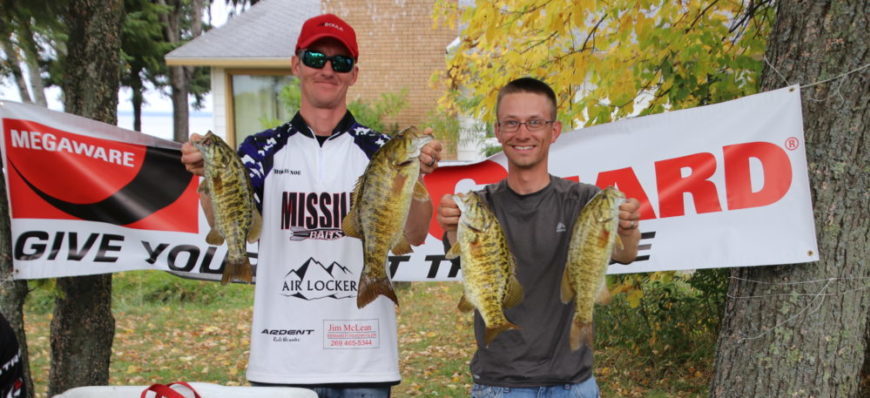
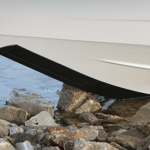

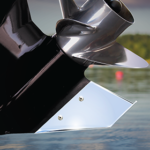
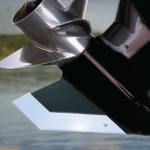
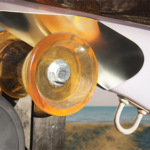
Comments